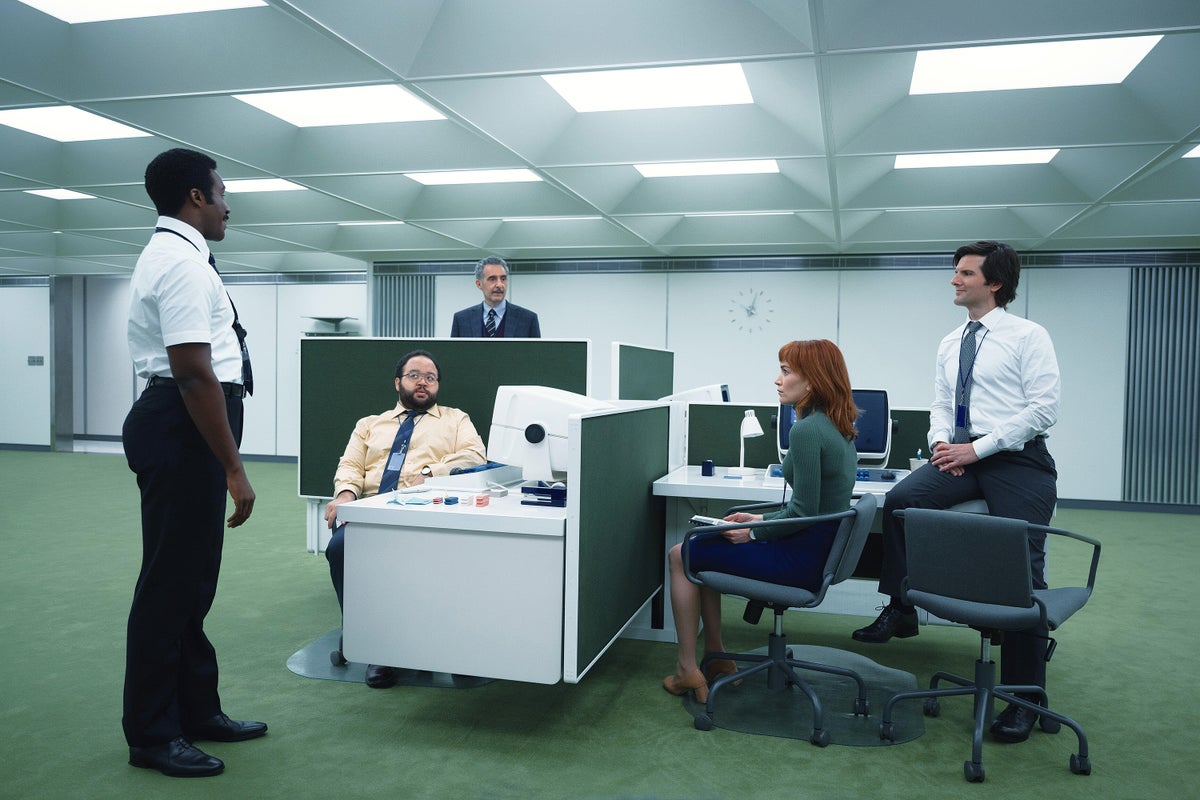What Severance Life Would Really Be Like, According to a Psychologist

The Severed Mind: Exploring the Psychological Impact of Lumon's "Innies"
The Price of Disconnection
Imagine clocking in, descending in a gray elevator, and then, in a blink, your workday is over. This seemingly idyllic scenario forms the core of Apple TV+'s hit show *Severance*, where employees of Lumon Industries undergo a procedure that surgically divides their work and personal memories. Their "innie" self toils tirelessly, oblivious to their outside life, while their "outie" enjoys blissful ignorance of their workday.
But this separation comes at a steep cost. The show delves into the psychological toll on the "innies," trapped within the windowless depths of Lumon's basement, their existence a monotonous cycle of work with no connection to the outside world.
The Darkness Within
One striking aspect of the innies' lives is the complete absence of natural light. This deprivation, as Martha Newson, an associate professor of psychology at the University of Greenwich, points out, is a significant blow to mental well-being. "Cutting out natural light is a big no-no," she explains. Even with vitamin supplements, the fundamental connection to the environment is severed, leaving a void in the human experience.
Studies have linked lack of natural light to elevated cortisol levels and depressive symptoms. The simple joys of a sunrise or sunset, moments that imbue life with meaning, are stolen from the innies, further isolating them within their artificial world.
"How would we replace the sense of awe when watching an amazing sunset or sunrise?" Newson asks, highlighting the profound emotional impact of this deprivation.
A Life Undone
While their bodies may rest, the innies' minds are perpetually trapped in the cycle of work. This lack of downtime, Newson warns, can lead to chronic stress and depression. The relentless toil, devoid of leisure or relaxation, takes a heavy toll on their mental health.
Adding to their plight is the draconian disciplinary system within Lumon. Punishments for minor infractions, such as napping, resemble psychological torture, reminiscent of methods employed by the CIA. Forced apologies, repeated for hours, evoke the chilling specter of coerced confessions, leaving lasting psychological scars.
The Gemma Conundrum
The show introduces another layer of complexity with the character of Gemma, who possesses multiple "innies," each trapped in a specific stressful scenario, from dentist appointments to airplane turbulence. This constant state of high alert raises the question: How much can the human psyche endure?
Newson suggests that social support can be a crucial buffer against the devastating impact of trauma. Shared experiences, even painful ones, can forge strong bonds and create a sense of belonging. However, Gemma's innies, isolated in their individual torment, lack this vital support system, intensifying their suffering.
Beyond the Severance
The "outies," while seemingly spared the direct impact of this dystopian workplace, are not unscathed. The loss of eight hours of their day, coupled with the potential for their innies' emotions to bleed through, creates an underlying sense of unease and disconnection.
As Newson observes, "I suspect that outies would still suffer from negativity, emotional pain and stress, as these emotions are part of the human experience and not entirely context-dependent."
Ultimately, *Severance* paints a bleak picture of the human cost of disconnecting work and life. As a character poignantly asks, "Maybe love transcends severance." The show suggests that perhaps pain and trauma do as well, leaving both the “innie” and “outie” grappling with the consequences of a divided self.